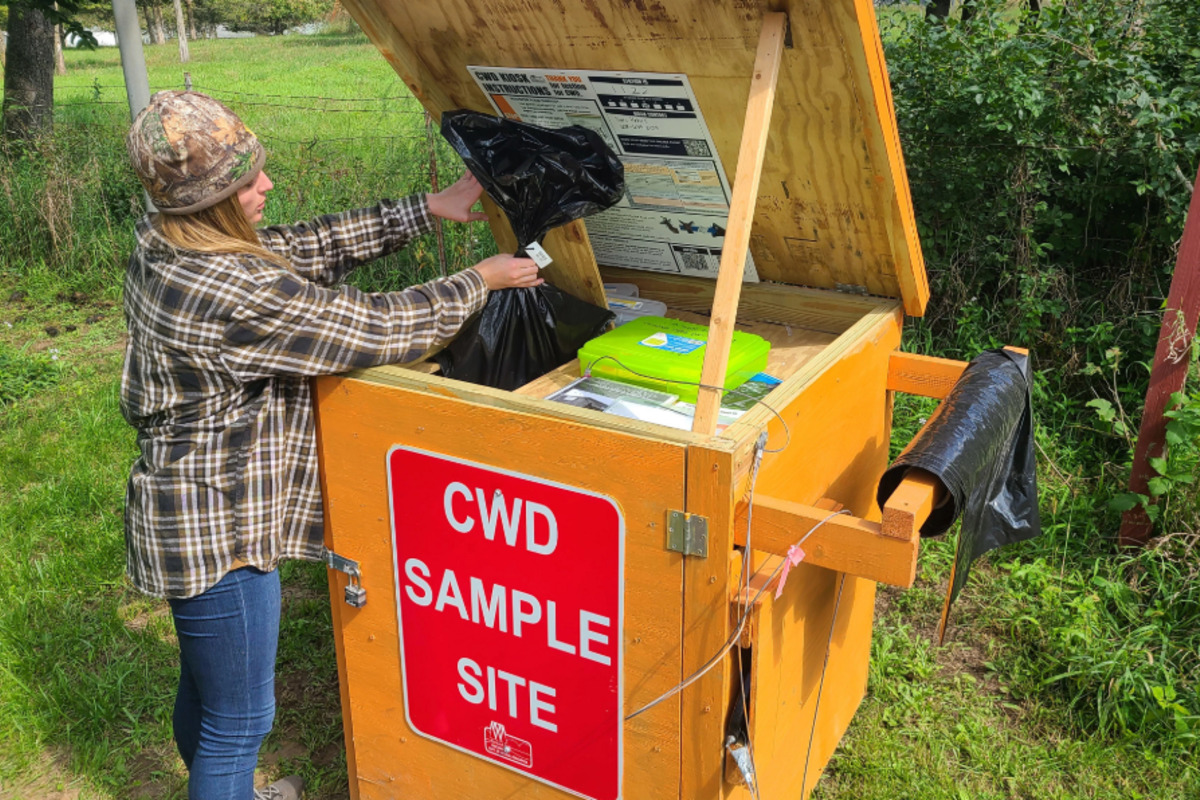By Noah Harper
Copyright hoodline

Hunters in Wisconsin, your role in the surveillance and management of Chronic Wasting Disease is more crucial than ever. The Wisconsin Department of Natural Resources is calling for increased Chronic Wasting Disease sample submissions from this year’s fall hunting season, particularly from the so-called 2025 Fall Priority Areas which have been identified due to recent Chronic Wasting Disease detections.
For the initiated, Chronic Wasting Disease is a contagious and fatal neurological disease that strikes deer and other cervids. The prions responsible for the disease can survive in the environment, posing a risk of infection to multiple generations of deer. If you’ve seen a deer exhibiting extreme weight loss, or showing abnormal behavior, such as a lost fear of humans, these may be signs of Chronic Wasting Disease infection. The disease has become an ever-present concern in the wildlife management circles and amongst hunting communities, as emphasized by the Wisconsin Department of Natural Resources.
Testing your harvested deer is not just a service but a responsibility, and fortunately, the process is well-supported across the state. Hunters have several options, whether it’s using 24/7 self-service kiosks, securing help from participating meat processors, extracting lymph nodes at home with provided kits, or scheduling an appointment with local Wisconsin Department of Natural Resources staff. Detailed instructions are readily available, including an online tutorial for submitting sample information. The Wisconsin Department of Natural Resources ensures that results from tests are typically available within 1-2 weeks after submission.
In a bid to incentivize hunters for their contribution to the surveillance efforts, the Wisconsin Department of Natural Resources offers a replacement harvest authorization for a hunter who’s deer tests positive for Chronic Wasting Disease. This measure, as clarified by the Wisconsin Department of Natural Resources, “a positive result from an antlered harvest authorization will result in a replacement antlered harvest authorization for the hunter (valid statewide),” ensuring that hunters can continue their activities while aiding in disease management. Deer carcass disposal is another piece of the puzzle; proper disposal methods are a strong defense against spreading Chronic Wasting Disease to new areas.
The issue goes beyond wildlife and affects public health too. The Wisconsin Department of Health Services, along with the CDC and WHO, advises people not to eat meat from deer that tested positive for Chronic Wasting Disease, even though it hasn’t been shown to spread to humans. Because infected deer can look healthy for months, the Wisconsin Department of Natural Resources urges hunters to test all harvested deer. This helps protect both the deer population and the health of hunters and the public.



